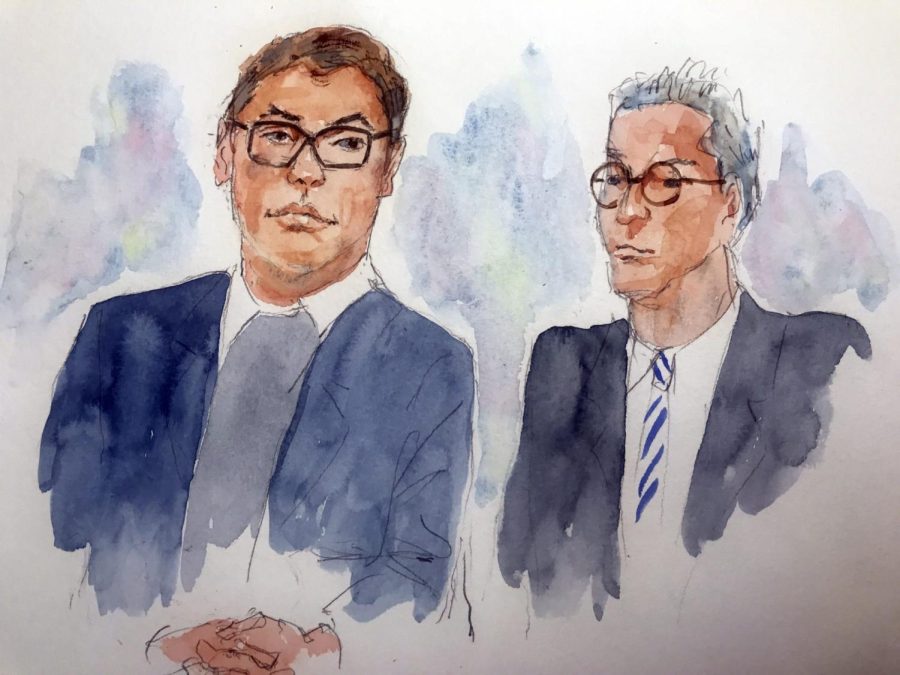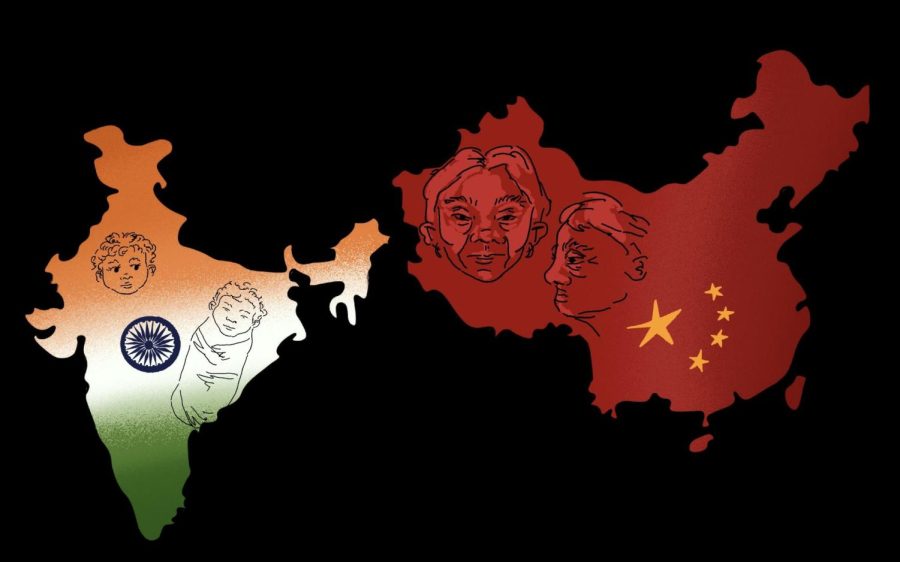The long-awaited merger between Comcast and Time Warner Cable was recently terminated in the aftermath of heated discussions about net neutrality. The acquisition, first announced back in February 2014, was estimated to be a $45.2 billion investment for Comcast, whose plan was to acquire Time Warner Cable’s customers and stake in the cable television providers market.
Comcast CEO Brian Roberts, knowing the regulatory concerns with the agreement, was quoted saying “of course we would have liked to bring our products to new cities, but we structured this deal so that if the government didn’t agree, we could walk away.”
Had the merger been successfully carried out, Comcast would have grown to some 30 million customers and had control of over 50 percent of the broadband Internet market.
Since the announcement of the mammoth merger, the Federal Communications Commission (FCC) questioned how to regulate such a large acquisition. If Comcast had followed through on the agreement, it would have created a market of near monopolistic nature in what the Obama administration classified as a public utility.
The danger of having a monopoly in an integral 21st-century industry could have led to disastrous outcomes had the proper regulations not been put in place, so the FCC wisely shifted the national eye to this deal. Had the merger been executed, the net neutrality debate would have been reignited after some heated discussions last year. Net neutrality is the idea that all Internet traffic should be treated equally, or with the same level of importance.
This had become an issue recently as Comcast has been found “fast-tracking” content to users if the respective website pays fees to increase speed. This created preferential treatment for websites that paid the extra fee, and slowed down speeds on sites that didn’t pay the fee to Comcast.
Net neutrality became a larger issue in 2014 when the Obama administration was forced to take a position on the topic. In the end, the administration decided all Internet traffic should be treated equally.
Although Comcast did not cite the net neutrality debate in its reasons for not following through on the merger, it’s difficult to deny the heavy influence of these discussions in the decision to drop the agreement.
The question of whether or not government should intervene in net neutrality remains pertinent, as another potential acquisition of Time Warner is on the fringe.
This time, Charter Communications is eyeing up Time Warner for a potential merger. The two companies hosted discussions on the topic even before the Comcast and Time Warner merger was announced, so it’s likely that another offer will be made in the near future.
Should another strong-arm decision come from the White House, it could cause Charter Communications to shy away from an offer. The intention of the FCC is to ensure healthy competition among cable providers, but the question remains whether such regulations, like the ones discussed in the recently failed merger, could do just the opposite.







